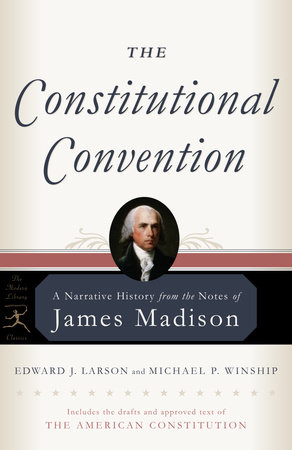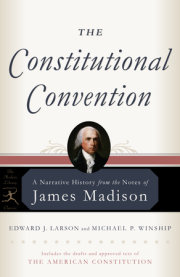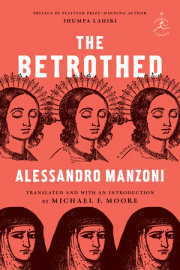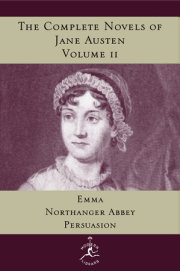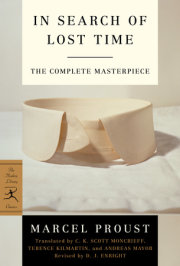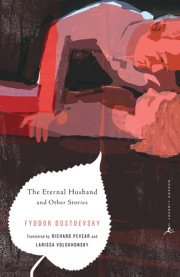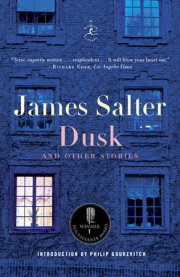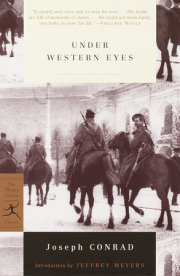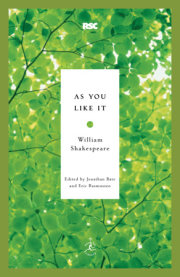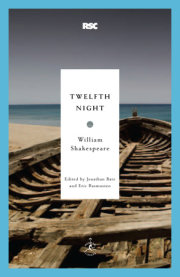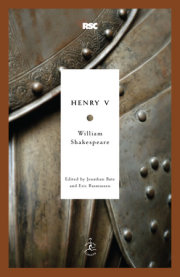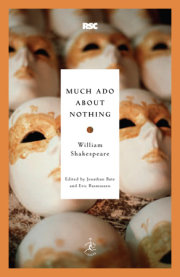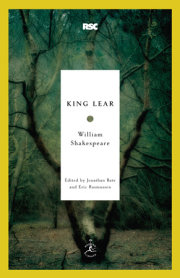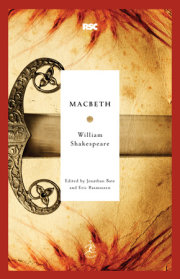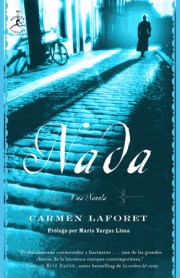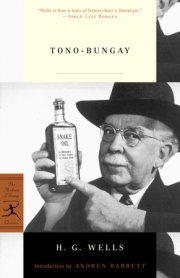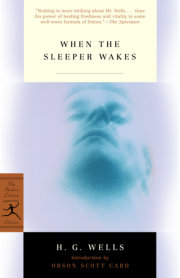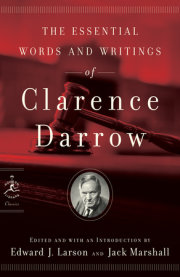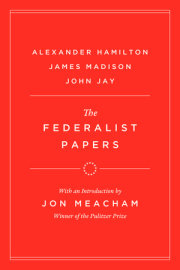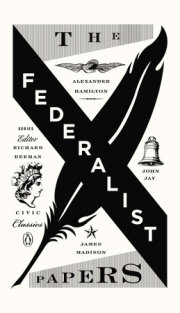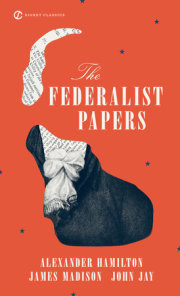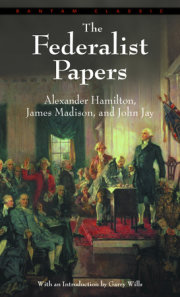Tuesday, May 29. [in convention] On May 29, the aristocratic thirty-five-year-old governor of Virginia, Edmund Randolph, took the floor to attack the Articles of Confederation and introduce a series of resolutions for a new Constitution. The mandate of the Convention was only to revise and amend the Articles, but Randolph’s resolutions, known collectively as the Virginia Plan (see Appendix A), would scrap them and substitute a strong national government with final authority over what had been semi- independent states. The government would consist of a national legislature, judiciary, and executive—each with the ability to check the others’ power. The legislature would have two houses, or “branches,” with the larger one (the “first branch”) elected by the people and the smaller one (the “second branch”) elected by the larger one. The national legislature could veto state laws it deemed to violate the national Constitution, and it would choose the chief executive, who could veto the legislature’s laws with the aid of a Council of Revision. Mr. Randolph then opened the main business. . . . He expressed his regret that it should fall to him, rather than those who were of longer standing in life and political experience, to open the great subject of their mission. But as the Convention had originated from Virginia and his colleagues supposed that some proposition was expected from them, they had imposed this task on him. He then commented on the difficulty of the crisis and the necessity of preventing the fulfilment of the prophecies of the American downfall. He observed that in revising the federal system we ought to inquire (1) into the properties which such a government ought to possess; (2) the defects of the confederation; (3) the danger of our situation; and (4) the remedy. The character of such a government ought to secure (1) against foreign invasion; (2) against dissensions between members of the Union or seditions in particular states; (3) to procure to the several states various blessings of which an isolated situation was incapable; (4) to be able to defend itself against encroachment; and (5) to be paramount to the state constitutions. In speaking of the defects of the confederation he professed a high respect for its authors and considered them as having done all that patriots could do in the then-infancy of the science of constitutions and of confederacies. . . . He then proceeded to enumerate the [confederation’s] defects: (1) that the confederation produced no security against foreign invasion, Congress not being permitted to prevent a war nor to support it by their own authority. Of this, he cited many examples. . . . (2) that the federal government could not check the quarrels between states nor a rebellion in any, not having constitutional power nor means to interpose according to the exigency. (3) that there were many advantages which the United States might acquire, which were not attainable under the confederation—such as a productive impost [i.e., a tax on imports]—counteraction of the commercial regulations of other nations—pushing of commerce ad libitum [at pleasure]—etc., etc. (4) that the federal government could not defend itself against the encroachments from the states. (5) that it was not even paramount to the state constitutions ratified, as it was, in many of the states. He next reviewed the danger of our situation, appealed to the sense of the best friends of the United States, the prospect of anarchy from the laxity of government everywhere, and to other considerations. He then proceeded to the remedy, the basis of which, he said, must be the republican principle. . . . [After formally offering fifteen enumerated propositions or resolutions comprising the Virginia Plan,] he concluded with an exhortation not to suffer the present opportunity of establishing general peace, harmony, happiness, and liberty in the United States to pass away unimproved.* It was then resolved “that the house will tomorrow resolve itself into a Committee of the Whole House to consider of the state of the Ameri- *Another of the note takers at the Convention, Robert Yates, recorded that Randolph concluded his remarks by stating that he intended “a strong consolidated union, in which the idea of states should be nearly annihilated.” can Union,” and that the propositions moved by Mr. Randolph be referred to the said committee. . . . Wednesday, May 30. [in committee of the whole] The delegates, when meeting in Convention, were bound to follow established rules of parliamentary procedure and decision-making much like those that still govern formal legislative assemblies in the United States. To facilitate their deliberations on the Virginia Plan, the delegates decided to sit initially as a committee composed of all the members (or “Committee of the Whole”) rather than in Convention. Legislative committees typically utilize procedures that permit freer discussion and more flexible decision-making than those imposed on full legislative bodies, and this is true for committees of the whole as well as smaller committees. Like the recommendation of any committee, however, recommendations of a committee of the whole must still go before the formal legislative body for final consideration and approval. Utilizing this procedure for the proposed Constitution gave delegates the opportunity to consider each element of it at least twice—once in the Committee of the Whole and then in Convention—and allowed for them to experiment with new ideas, especially at the committee stage. Both in the Committee of the Whole and in Convention, state delegations voted by majority rule as a single unit either for or against a proposition, with one vote per state. If the delegates from a state split evenly on a proposition, that state’s vote would be “divided.” On this day Gouverneur Morris explained the difference between a federal government, as the term was then understood, and the national government that he and his allies wished to create. The Convention proceeded to vote that the United States needed a national government, which the Articles of Confederation did not provide. With that decision, the Convention committed itself to plunging into the uncharted waters of designing a viable large-scale republic. The propositions of Mr. Randolph which had been referred to the committee being taken up. . . . It was agreed on motion of Mr. Butler, seconded by Mr. Randolph, to pass on to the third [“That a national government ought to be established consisting of a supreme legislative, executive, and judiciary”], which underwent a discussion, less however on its general merits than on the force and extent of the particular terms “national” and “supreme.” Mr. Pinckney wished to know of Mr. Randolph whether he meant to abolish the state governments altogether. Mr. Randolph replied that he meant by these general propositions merely to introduce the particular ones which explained the outlines of the system he had in view. Mr. Butler said he had not made up his mind on the subject and was open to the light which discussion might throw on it. After some general observations, he concluded with saying that he had opposed the grant of powers to [the Confederation] Congress heretofore because the whole power was vested in one body. The proposed distribution of the powers into two different bodies changed the case and would induce him to go great lengths. Gen. Pinckney expressed a doubt whether the act of [the Confederation] Congress recommending the Convention, or the commissions of the deputies to it, could authorize a discussion of a system founded on different principles from the federal constitution. Mr. Gerry seemed to entertain the same doubt. Mr. G. Morris explained the distinction between a federal and national, supreme government, the former being a mere compact resting on the good faith of the parties, the latter having a complete and compulsive operation. He contended that in all communities there must be one supreme power, and one only. Mr. Mason observed that the present confederation was not only deficient in not providing for coercion and punishment against delinquent states, but argued very cogently that punishment could not in the nature of things be executed on the states collectively, and therefore that such a government was necessary as could directly operate on individuals and would punish those only whose guilt required it. Mr. Sherman, who took his seat today, admitted that the confederation had not given sufficient power to Congress and that additional powers were necessary, particularly that of raising money, which, he said, would involve many other powers. He admitted also that the general and particular jurisdictions ought in no case to be concurrent. He seemed, however, not [to] be disposed to make too great inroads on the existing system, intimating as one reason that it would be wrong to lose every amendment by inserting such as would not be agreed to by the states. . . . On the question as moved by Mr. Butler . . . it was resolved in Committee of the Whole that a national government ought to be established, consisting of a supreme legislative, executive, and judiciary: Mass., Pa., Del., Va., N.C., S.C., aye 6; Conn., no 1; N.Y., divided [meaning that the voting delegates from the state were evenly split so that the state’s vote did not count]. . . . Thursday, May 31. [in committee of the whole] Following the vote on Wednesday, May 30, to draft a national government, delegates started discussing the details of the Virginia Plan. Another Georgia delegate arrived on this day, allowing the Georgia delegation to vote and bringing the total number of states represented to ten. The delegates easily agreed that the national legislature should have two branches. The first major controversial issue was deciding how to elect members to what the Virginia Plan termed “the first branch,” which would become the House of Representatives. A number of delegates doubted that the people themselves could be trusted to elect members of Congress, while others insisted that it was critical that the people do so. More Americans were voting than had done so before. A number of states had lowered property requirements for the franchise, and only South Carolina still had a religious test. Up to 80 percent of adult white males could vote; similarly qualified free black males could vote in a few states; and women could vote in New Jersey. Resolution 4, first clause, “that the members of the first branch of the national legislature ought to be elected by the people of the several states,” being taken up. Mr. Sherman opposed the election by the people, insisting that it ought to be by the state legislatures. The people, he said, immediately should have as little to do as may be about the government. They lack information and are constantly liable to be misled. Mr. Gerry. The evils we experience flow from the excess of democracy. The people do not [lack] virtue, but are the dupes of pretended patriots. In Massachusetts, it had been fully confirmed by experience that they are daily misled into the most baneful measures and opinions by the false reports circulated by designing men, and which no one on the spot can refute. One principal evil arises from the want of due provision for those employed in the administration of government. It would seem to be a maxim of democracy to starve the public servants. He mentioned the popular clamor in Massachusetts for the reduction of salaries and the attack made on that of the governor, though secured by the spirit of the constitution itself. He had, he said, been too republican heretofore; he was still, however, republican, but had been taught by experience the danger of the leveling spirit. Mr. Mason argued strongly for an election of the larger branch by the people. It was to be the grand depository of the democratic principle of the government. It was, so to speak, to be our House of Commons. It ought to know and sympathize with every part of the community; and ought therefore to be taken not only from different parts of the whole republic, but also from different districts of the larger members of it, which had in several instances, particularly in Virginia, different interests and views arising from difference of produce, of habits, etc., etc. He admitted that we had been too democratic but was afraid we should incautiously run into the opposite extreme. . . . Mr. Wilson contended strenuously for drawing the most numerous branch of the legislature immediately from the people. . . . No government could long subsist without the confidence of the people. In a republican government, this confidence was peculiarly essential. He also thought it wrong to increase the weight of the state legislatures by making them the electors of the national legislature. . . . On examination it would be found that the opposition of states to federal measures had proceeded much more from the officers of the states than from the people at large. Mr. Madison considered the popular election of one branch of the national legislature as essential to every plan of free government. . . . He thought, too, that the great fabric to be raised would be more stable and durable if it should rest on the solid foundation of the people themselves than if it should stand merely on the pillars of the legislatures. Mr. Gerry did not like the election by the people. . . . Experience, he said, had shown that the state legislatures drawn immediately from the people did not always possess their confidence. He had no objection, however, to an election by the people if it were so qualified that men of honor and character might not be unwilling to be joined in the appointments. He seemed to think the people might nominate a certain number out of which the state legislatures should be bound to choose. Mr. Butler thought an election by the people an impracticable mode. On the question for an election of the first branch of the national legislature by the people: Mass., N.Y., Pa., Va., N.C., Ga., aye 6; N.J., S.C., no 2; Conn., Del., divided. . . .
Copyright © 2005 by James Madison. All rights reserved. No part of this excerpt may be reproduced or reprinted without permission in writing from the publisher.

